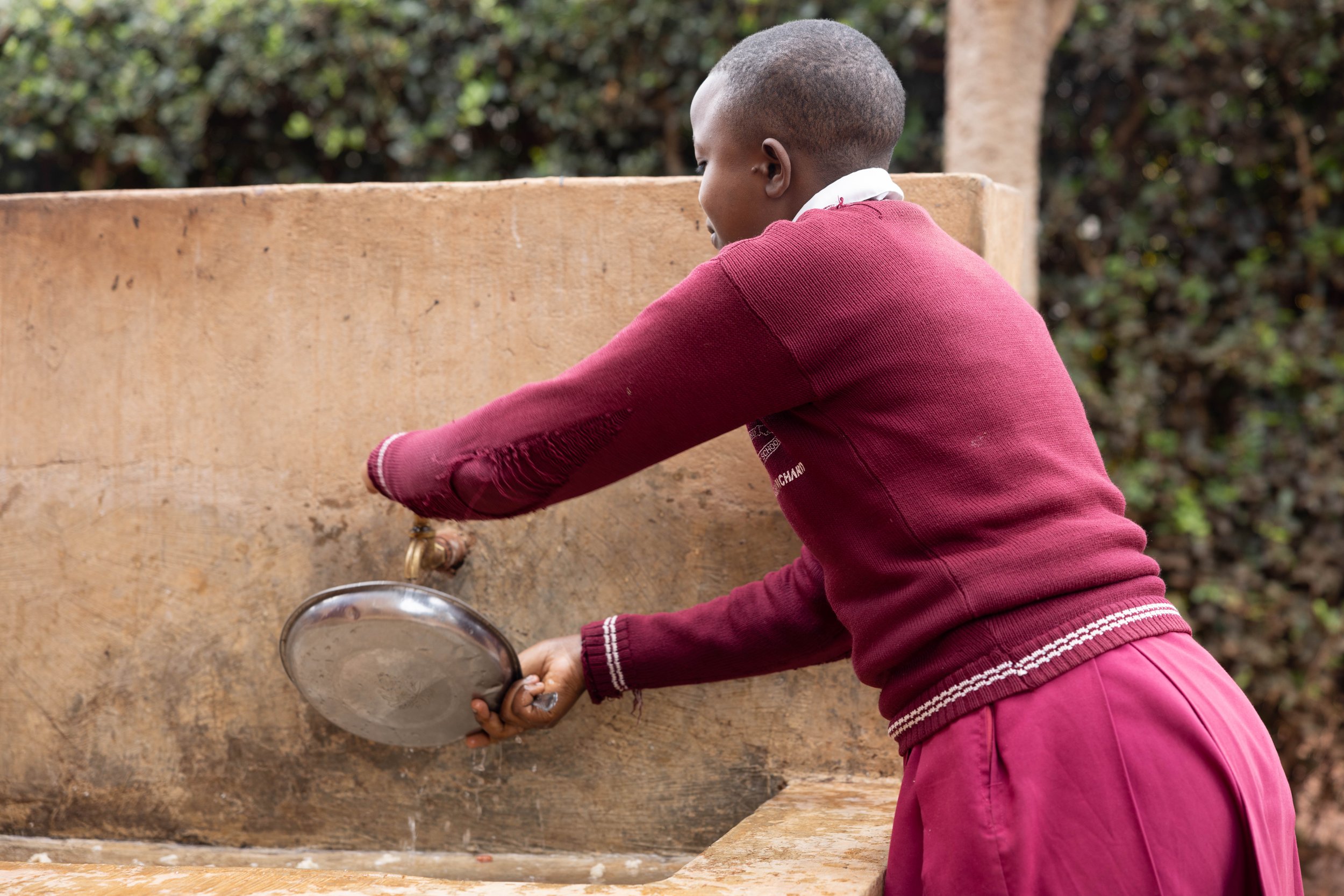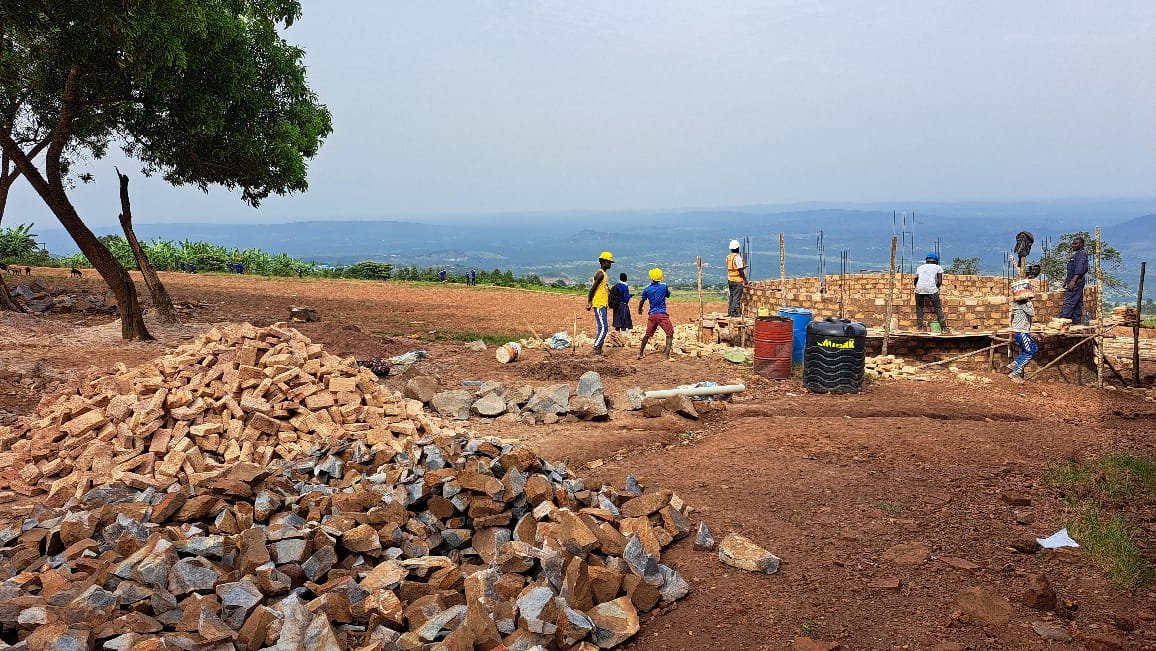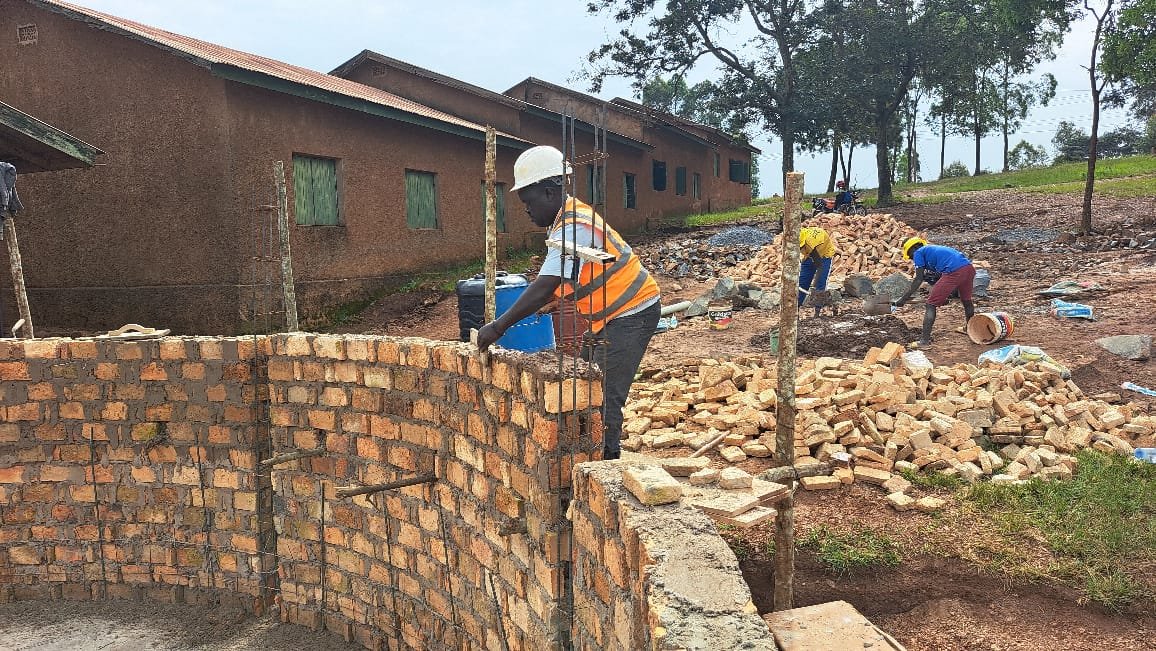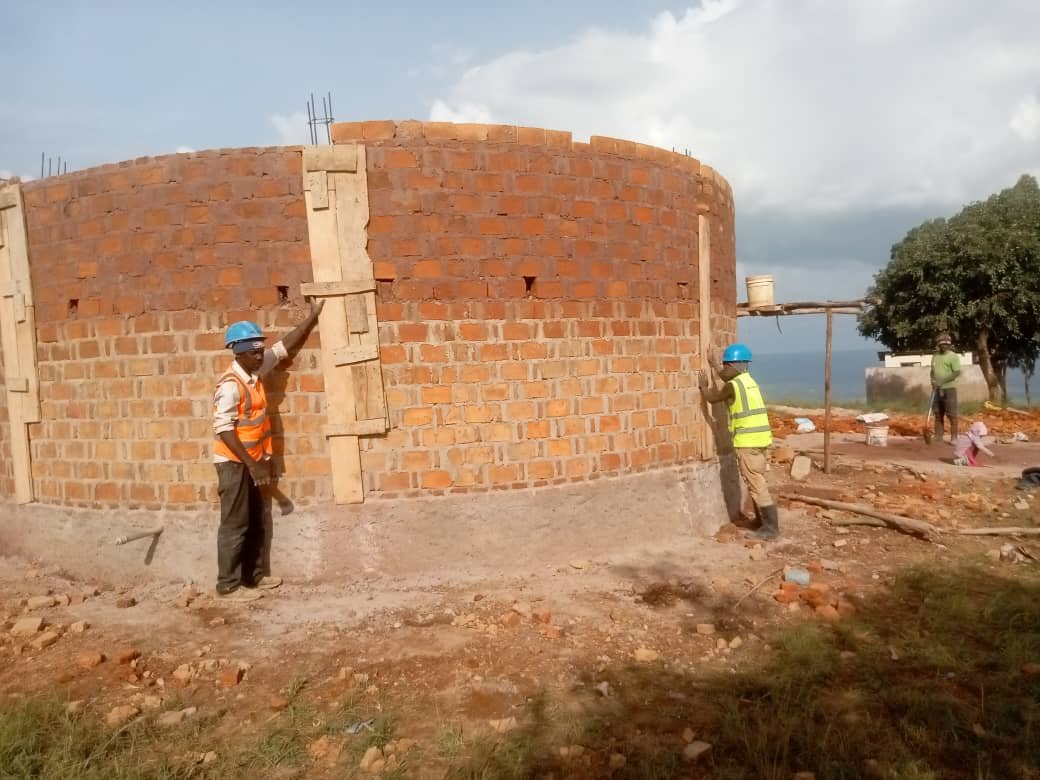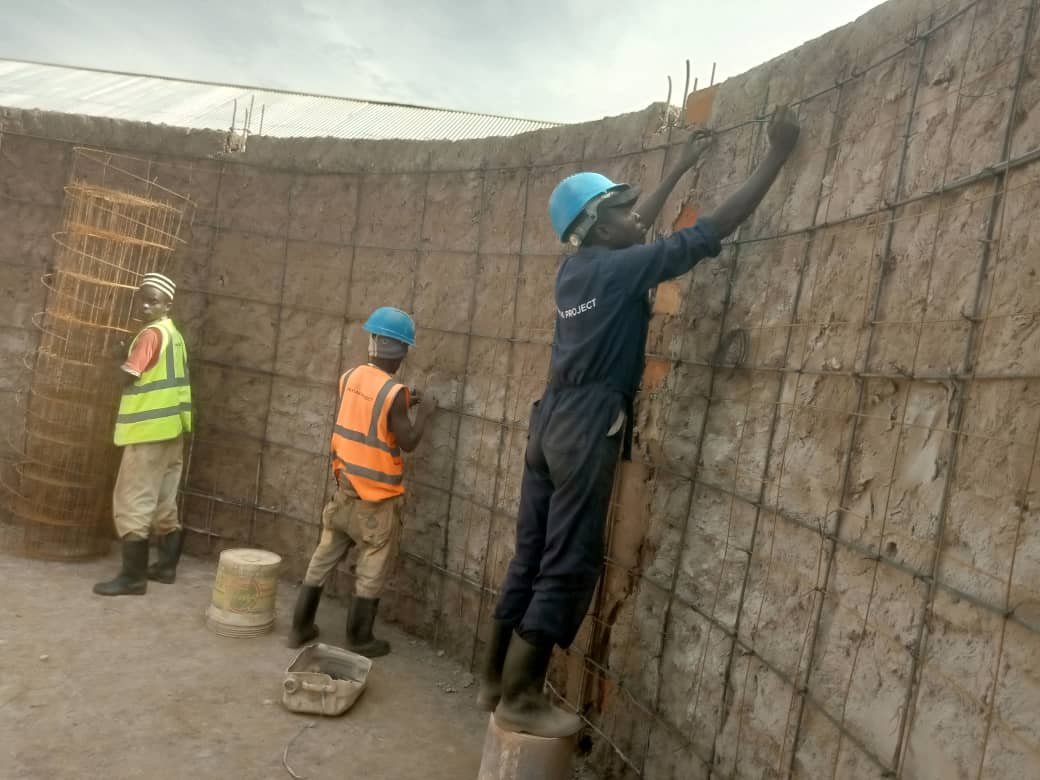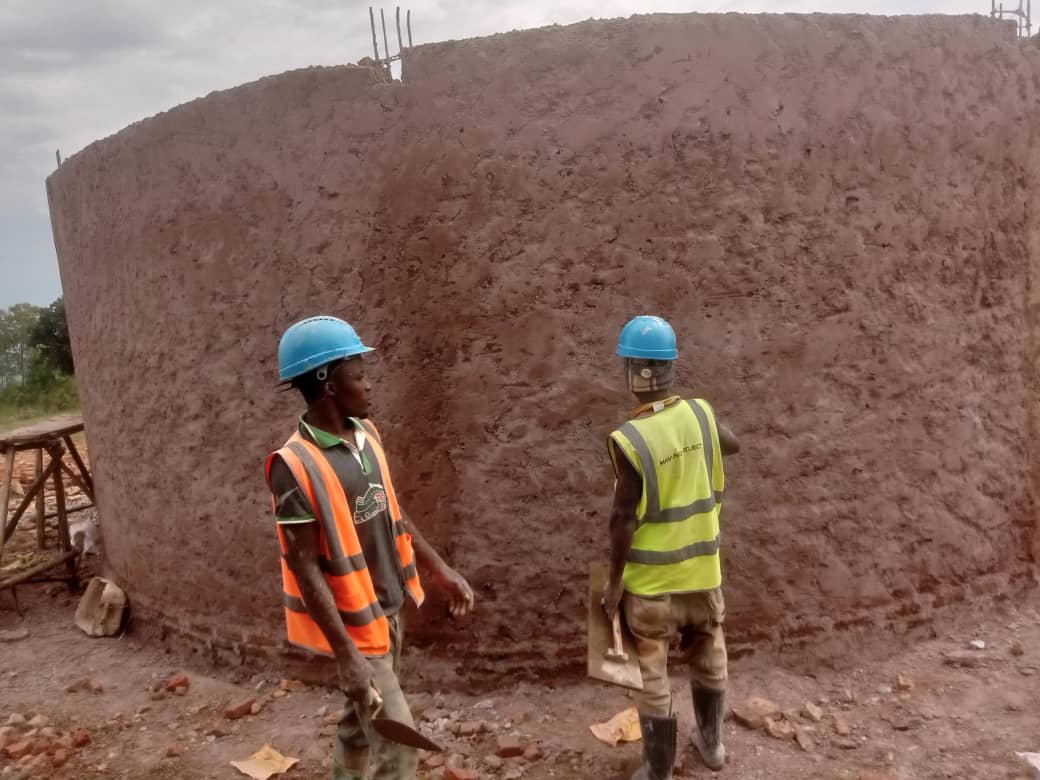EWB-SWE Gains Support from Alstom Foundation for WASH Projects in Tanzanian Schools
/Engineers Without Borders Sweden (EWB-SWE) has received support from the Alstom Foundation to increase efforts in supporting children’s education through better Water, Sanitation, and Hygiene (WASH) access in Karagwe, Tanzania. This effort builds on EWB-SWE's ongoing work in improving vital services in rural Tanzanian areas.
Working with the Mavuno Project, a local non-profit organisation, EWB-SWE has already built 25 water tanks in schools, providing clean water to around 20,000 children and 160 adults. This has led to better health, more regular school attendance, and improved school performance—with reports showing up to a 25% increase in one school's results.
The contribution from the Alstom Foundation will allow EWB-SWE to expand their WASH activities. The project will pay special attention to girls' education by adding specific sanitary and hygiene measures and campaigning for better understanding and support. This includes working with the Maji Safi Group, experts in Menstrual Health Hygiene (MHH).
The funds will be used for:
Improving access to safe drinking water, clean toilets, and facilities for hygiene and menstruation in schools.
Building skills and spreading the word about Menstrual Hygiene Health (MHH) and how to maintain clean water, to make a lasting difference.
Increasing the involvement of government in school services.
Keeping track of progress, evaluating success, and learning from the project's outcomes.
The aim of the project is to make a positive change in the education of 2,400 girls and 2,300 boys in five schools by improving health and ensuring they can attend school regularly. The plans include:
Building two new rainwater tanks for 1,600 children and 20 teachers, leading to better health, 70 more hours of class time each day, and 380,000 litres of water every year.
Constructing 40 ecosan toilets in two schools for 1,900 children.
Making two special rooms for hygiene and menstruation care for 460 girls.
Teaching 500 people, including government workers, community members, and teachers from the five schools about MHH, to increase knowledge and stop the shaming of menstruation.
Strengthening talks with the local government to push for better education facilities.
With these steps, EWB-SWE is determined to improve the educational experiences of students in Tanzania by showing the important link between education, health, and access to clean water and sanitation facilities.
The images below are from the construction of the new water tank at Nyakabila Primary School in Nyakasimbi, Karagwe District, Kagera, Tanzania. The first images are from February, and the three below are from this month.


